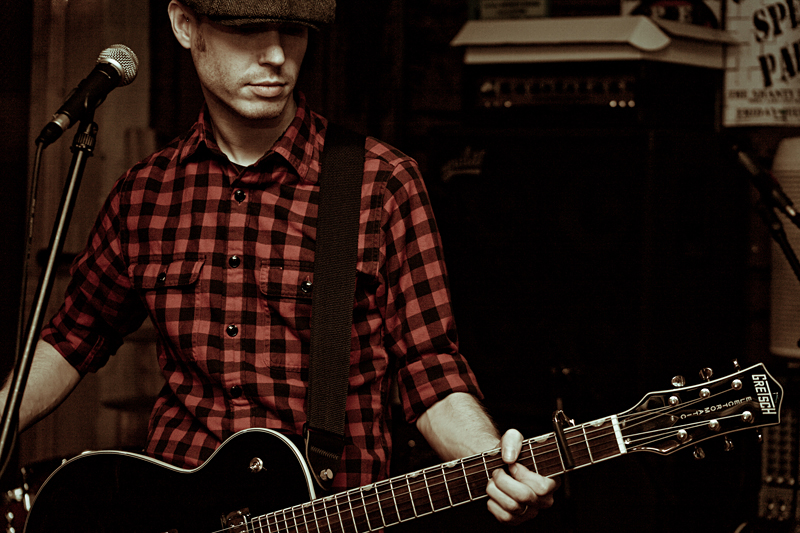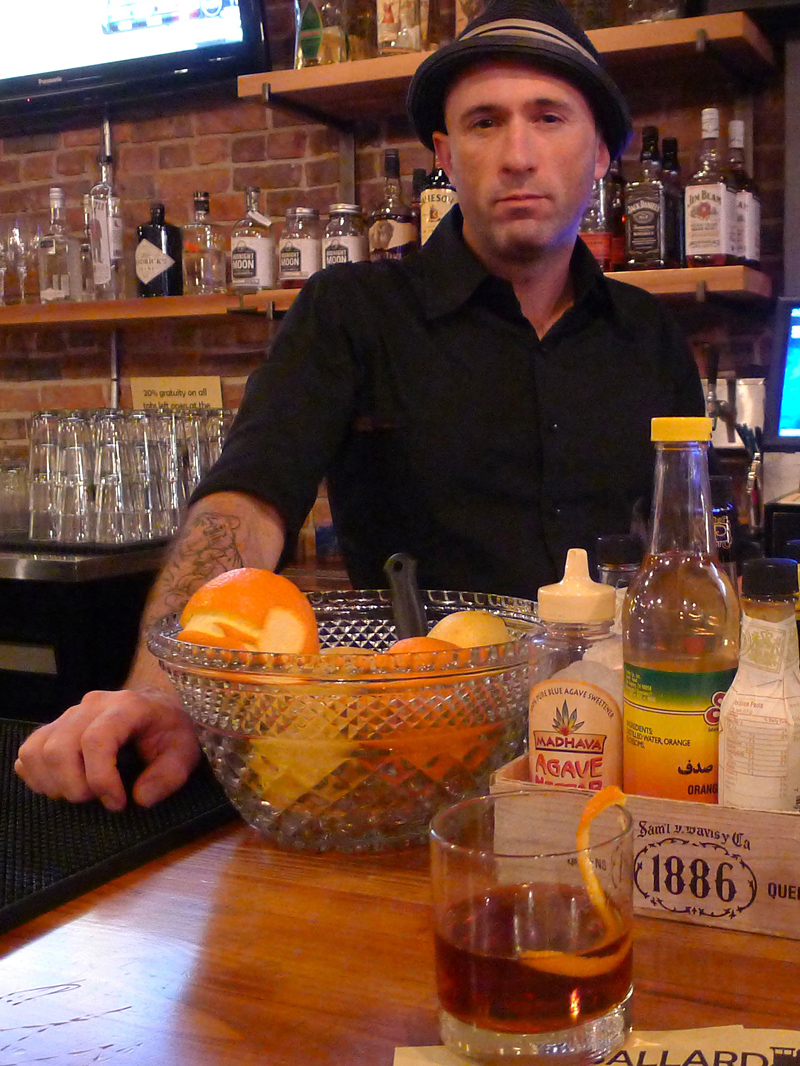Growing up, young Kyle Ricci was a regular at the only skate park in suburban Everett. Trouble was, the park was located in a seedy part of town frequented by dope fiends and their dealers. But to hear him tell it, his board was better than a bodyguard.
“You could go there and skate and you wouldn’t have to deal with those elements in your face,” the rapper now known as La says, “because they respected that you were there expressing yourself.”
Born in the Philippines and adopted as a toddler by a blue-collar family in Everett, La was one of the ’80s babies first exposed to hip-hop through skate videos. Like others his age, the 27-year-old says he could more easily relate to rappers like Biggie Smalls than to the punk rockers who wrote the early soundtracks to skating. These days, although rock is still very much a part of skate culture, hip-hop is the genre of choice for sidewalk surfers.
It should come as little surprise that 808s and bass claps have largely supplanted three-chord thrashing in the headphones of skaters. Not only is skating almost exclusively an urban activity; from the misanthropic rhymes of Odd Future to the skinny-jeaned swagger of groups like The Knux, the younger generation of MCs was raised in the era of the X Games and the ubiquitous image of Tony Hawk.
Relaxing in a Beacon Hill recording studio, puffing on one of the potent joints about which he often raps, La recalls hearing formative music like Gang Starr and Das EFX for the first time on a video for the skate company Shorty’s. “I wanted to sound like those artists before I even really knew who they were.”
This deep-seated bond inspired La and partner/producer DJ Olee to dedicate an entire record to capturing the relationship between skating and rapping. Each of the seven songs on the EP Ocean Howell—a reference to the early-’90s street skate legend—is named after a different “unsung hero” of the skate world. With a twist that elevates the concept from contrived to creative, none of the tracks mention kick-flips, half-pipes, or any other skate terms or tricks. Rather, the music and lyrics are intended to evoke each eponymous skater’s individual style. “We would play our beats to their videos on YouTube, play our songs to see which of them fit,” Olee says. “It’s almost like it would be the music for their skate park.”
The project is La’s fourth release (after three full-lengths), and the first produced exclusively by his longtime collaborator Olee. While the songs retain La’s intricate wordplay, rapid-fire pop-culture references, and ferocious tales of life in the ‘hood, the skateboarding theme and overall feel of the songs is a departure from his previous work. This is the first time he has trumpeted his love of skating on a record, and several tracks eschew the grandiose beats employed by his past producer, Jester, in favor of a more subdued sound.
With boom-bap beats and soulful vocal samples, several cuts on Ocean Howell borrow heavily from the old school. “Sean Sheffey” features a vintage 6/8 swing rhythm and a high-pitched operatic chorus sampled from the ’70s singer/pianist Laura Nyro. A tinkling piano and a smooth saxophone groove back the song “Kareem Campbell,” over which La sings the refrain “All I want to do is ride low and stay high.”
“When I’m skateboarding I feel the smoothness, like jazz or funk,” La says of Ocean Howell‘s aesthetics. “That’s what we’re doing here. I don’t put a concept to a song, I put a feeling.”
The only track that overtly mentions skateboarding, “Milton,” includes the lines “Everything I’m on is a fucking classic/You posers tryna get exposure acting Bucky Lasek/But you ain’t skating no grinding why the Vans ho/Make me wanna cut my own ear off like van Gogh.”
The sort of guy who rhymes “yayo” with “Yale,” La says the elaborate cadence and heady blend of high- and lowbrow in his verses are the product of his background in spoken-word poetry. After dropping out of high school at 16, he spent several years hustling before a friend introduced him to poetry. He took up the pen, and went on to coach teams in the national competition Brave New Voices and work as a mentor for at-risk youth.
These days he focuses exclusively on his music career (following this week’s release of Ocean Howell, he plans to drop a full-length project later this summer), but says his experience as a poet has shaped the way he crafts rhymes as a rapper. “It’s so many layers of rhymes where I just double and triple up with the meaning,” La says. “That’s part of the craft, the layering, where you can listen to a song a thousand times and hear one thing before you hear it a different way. You still get it either way, but it’s like there are little gifts for the people who are really listening.”
Although he is still an avid skater, La says he rarely journeys from Seattle to Everett to visit the park where he learned to ride and, in a way, to rap. “Skating is a counterculture thing,” La says. “Everybody can get involved, no matter where you come from, much like hip-hop.”







